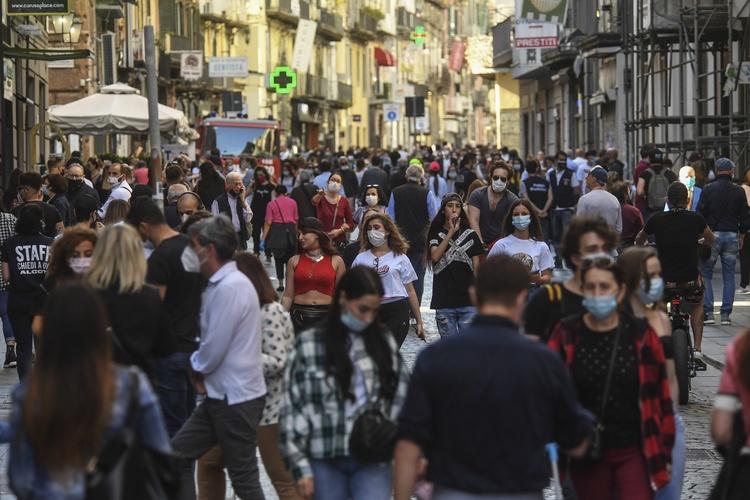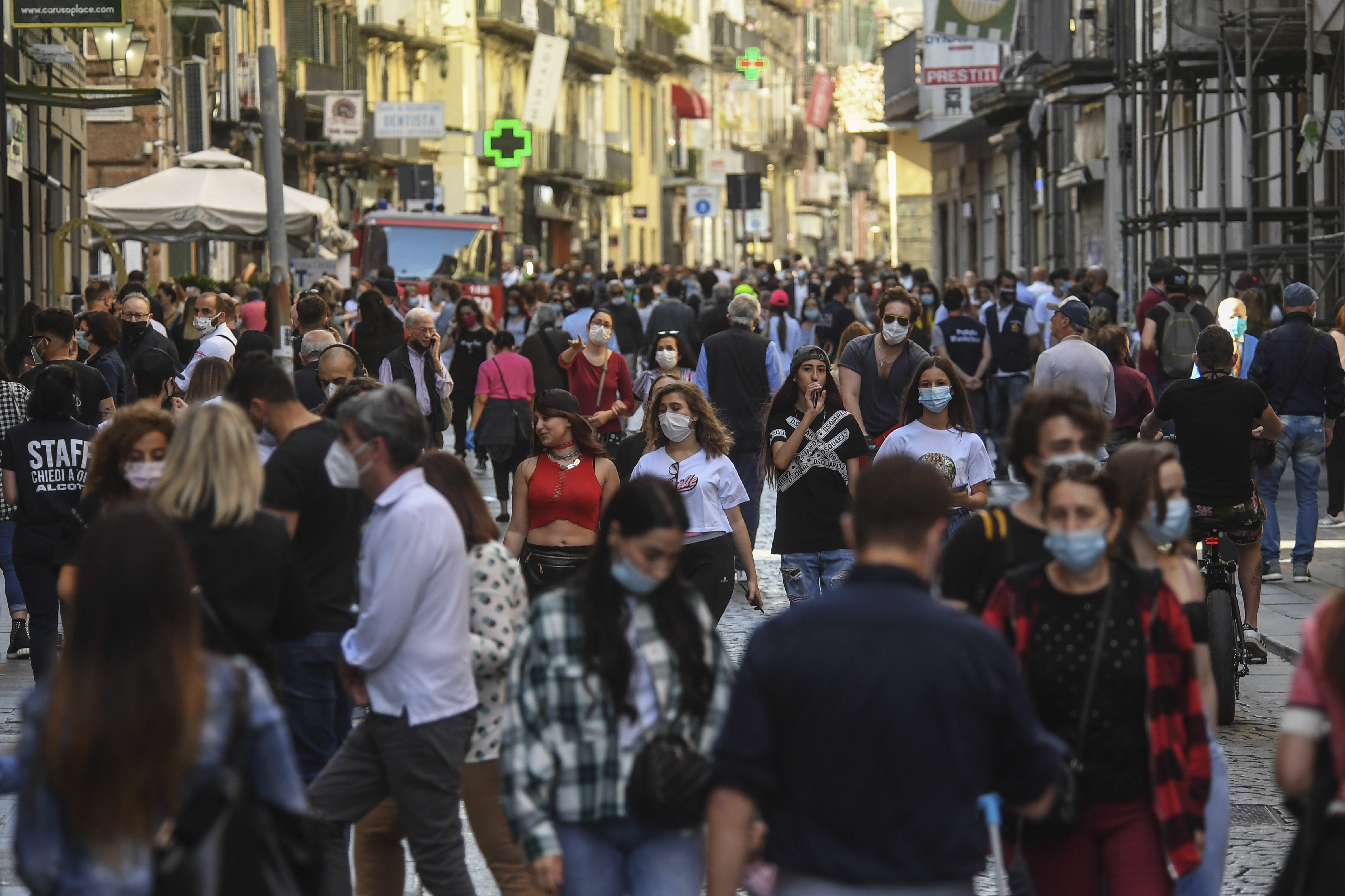The“civic assistants”, as they would be known, would not have any policing powers but would patrol piazzas, parks, playgrounds, markets, bar areas and beaches, asking people not to congregate in large groups.
They would monitor gatherings and pass on information to the police and the civil protection agency.
The volunteers would be drawn from the ranks of the unemployed, those on income support and those who have been laid off as a result of the economic crisis caused by the pandemic.
The idea is the brainchild of Regional Affairs Minister Francesco Boccia and the mayor of Bari, Antonio Decaro.
Decaro said on Monday that some of the potential volunteers had already “helped deliver groceries or medicines to those who could not leave their homes during the crisis”.
“In this new phase, they will help control access to parks or markets, counting the number of people entering or leaving, or explaining the rules of access to beaches when they reopen,” Decaro, who is also president of the Association of Italian Municipalities, said in a statement.
Some authorities said they welcomed the idea of more help in the aftermath of the coronavirus crisis as they struggle with crowd control at bars, cafes and beaches after two months of lockdown.
“Civic assistants can be useful,” said mayor of Cagliari, Paolo Truzu, adding that he envisioned them helping on Sardinian beaches.
However, others have opposed the initiative, arguing that more focus should be placed on skilled workers such as those in the medical field and teachers.












